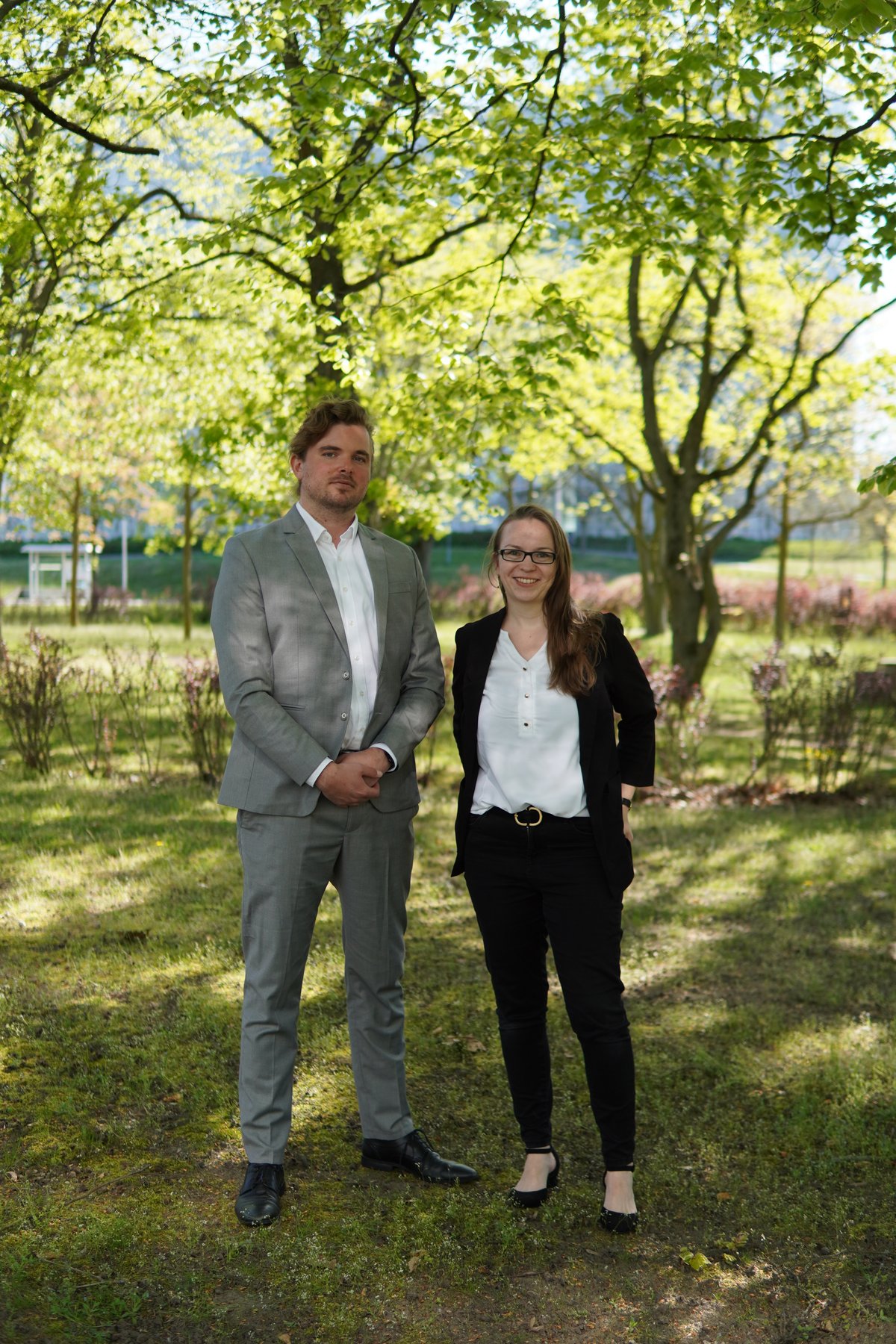Research project examines the behavior of women and men in job application procedures | Project funding Equal opportunities
The research project by Timo Berg and Diana Häusler with the working title "Honesty and Behavior of Women and Men in German Application Procedures" investigates whether there are gender-specific behaviors of employees that lead to inequality in the German labor market, specifically the behavior in the application process. According to the BMFSFJ, there is an unequal gender distribution in the higher hierarchical levels of companies (see BMFSFJ, 2020). In addition, women have an 18% lower hourly income compared to men (DESTATIS, 2022). Gender inequalities in the German labor market are often explained by job preferences, working time preferences or discrimination.
There are studies showing that men are more likely than women to exhibit dishonest behavior (cf. Capelen et al., 2013; Conrads et al., 2014). In addition, men lie more often than women to gain financial advantages (cf. Dreber & Johannesson, 2008). Self-application plays an important role in the application process and the backlash effect offers an approach to explain gender-dependent behaviors in application processes. Studies show that women are viewed as less likable when they self-promote (cf. Rudman, 1998). To avoid this effect, women do less self-promotion, thereby portraying themselves as less competitive (compared to men) (cf. Moss-Racusin, 2010). This leads to the following questions for the research project:
- Are men more often dishonest than women in the application process?
- Are women less dishonest than men in the application process? And if they are dishonest, do they tend to be less self-representative?
To answer these questions, survey experiments were conducted with the help of an online panel provider in the period from 08/03/2022 to 08/08/2022. After validation of the data sets, the data of 861 employable women and 796 employable men can be used for the research project. The structure of the survey experiments was as follows:
- A: Demographic data
- B: Survey of personal skills (e.g., language skills, ability to work in a team, etc.)
- C: Incentive experiment: participants are asked to indicate how well they match an advertised position
- D: Competitive situation: assessment against the competition
- E: Questioning of one's own honesty behavior
Work is currently underway to evaluate and analyze the data collected.
We would like to thank the Equal Opportunity Office for funding the project through the Equal Opportunity Project Grant. Without the financial support, data collection on this scale would not have been possible for the project.
May 2023, Timo Berg & Diana Häusler
Sources
BMFSFJ (2020). Pay equity: women and the world of work, available under: https://www.bmfsfj.de/bmfsfj/themen/gleichstellung/frauen-und-arbeitswelt/lohngerechtigkeit [17.05.2021].
Cappelen, A. W. & E. Ø. Sørensen, B. Tungodden (2013). When do we lie?, in Journal ofEconomic Behavior & Organization, 93, 258-265.
Conrads, J., B. Irlenbusch, R. M. Rilke, A. Schielke & G. Walkowitz (2014) . Honesty in tournaments, in Economics Letters, 123(1), 90-93.
Dreber, A. & M. Johannesson (2008) . Gender differences in deception, in: Economics Letters, 99(1), 197-199.
DESTATIS (2022).Gender pay gap 2021, available under: https://www.destatis.de/EN/Press/2022/03/PE22_088_621.html[23.09.2022].
Moss-Racusin, C. & L. Rudman (2010). Disruptions in women's self-promotion: The backlash avoidance model, in Psychology of Women Quarterly, 34(2), 186-202.
Rudman, L. A. (1998) . Self-promotion as a Risk Factor for Women: The Costs and Benefits of Counterstereotypical Impression Management, in: Journal of Personality and Social Psychology, 74(3), 629-645.
Contact
ABWL; insbesondere Organisation und Unternehmensführung
T +49 (0) 355 69-4422
timo.berg(at)b-tu.de

